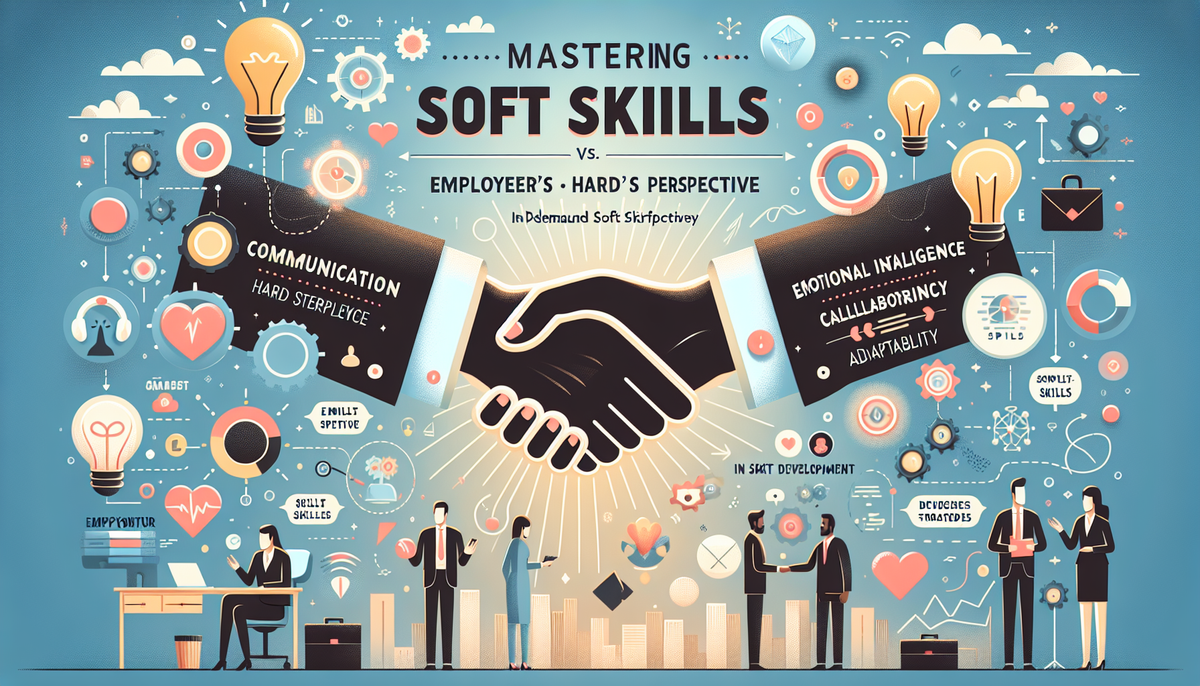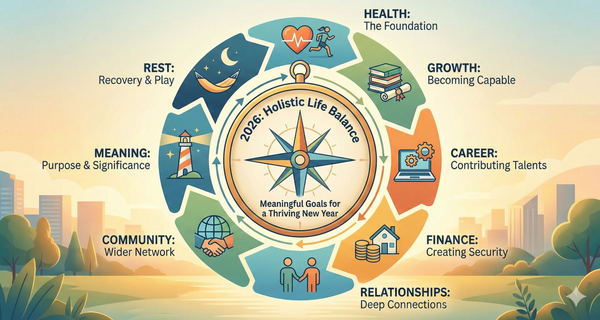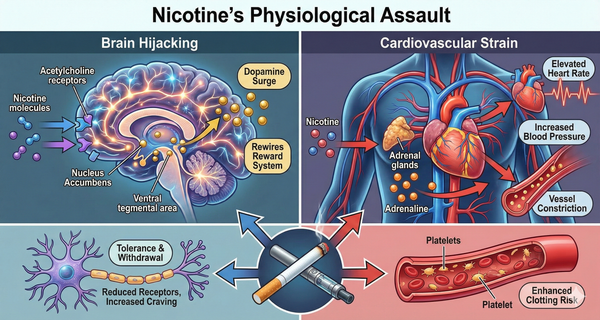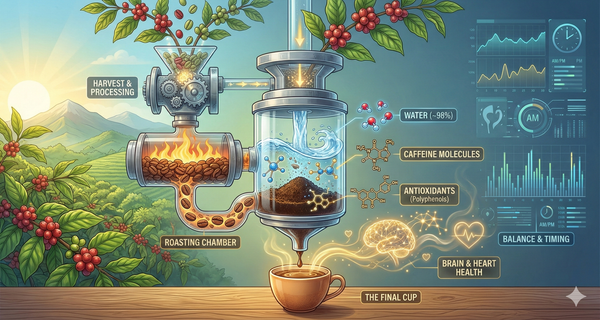Mastering Soft Skills That Employers Want

Mastering Soft Skills That Employers Want
In today's dynamic and competitive job market, technical abilities or "hard skills" are only one part of the equation for career success. Employers are increasingly placing a massive emphasis on a different set of attributes: soft skills. These interpersonal, character-driven qualities are the invisible engine behind high-performing teams and innovative companies. From communication skills to emotional intelligence, mastering these competencies is no longer optional—it's the critical factor that can set you apart and pave the way for long-term professional growth. This article will guide you through the most coveted soft skills, explain why employers are so eager to find them, and provide actionable strategies to help you develop and showcase them effectively.
What Are Soft Skills and Why Do They Matter?
Before we dive into the specific skills, it's crucial to understand what they are and why they've become so central to the hiring process. Unlike hard skills, which are concrete and measurable, soft skills are more nuanced, revolving around your personality, work ethic, and how you interact with others.
Defining the Intangibles: Soft Skills vs. Hard Skills
Hard skills are the technical, teachable abilities you learn in school, through certifications, or on the job. Think of programming languages, data analysis, graphic design, or proficiency in a specific software. They are easily quantifiable and can be proven with a degree or a technical test. Soft skills, on the other hand, are the interpersonal attributes that define your character and ability to work with others. They include communication, teamwork, emotional intelligence, and problem-solving. While harder to measure, they are deeply ingrained and dictate how you behave and perform in a professional environment.
The Employer's Perspective: The Value of a High EQ Team
Why do employers care so much about soft skills? Because they are the bedrock of a positive and productive work culture. An employee with excellent hard skills but poor communication can disrupt a team, create misunderstandings, and lower morale. Conversely, an employee with strong soft skills can elevate an entire team. They foster collaboration, resolve conflicts, build strong client relationships, and adapt to change gracefully. Companies understand that a team rich in emotional intelligence and effective communication is more resilient, innovative, and ultimately, more successful.
The Must-Have Soft Skills Employers Are Looking For
While there are many valuable soft skills, some are consistently ranked as the most important by employers across all industries.
Communication: The Art of Connection and Clarity
Effective communication skills are the cornerstone of all soft skills. This goes beyond just being able to speak and write clearly. It involves active listening—truly hearing and understanding what others are saying—as well as the ability to convey complex ideas concisely. Whether it's in an email, a team meeting, or a client presentation, clear communication prevents errors, aligns expectations, and builds trust.
Emotional Intelligence (EQ): The Key to Workplace Harmony
Emotional intelligence is the ability to recognize, understand, and manage your own emotions, as well as perceive and influence the emotions of others. A high EQ allows you to navigate social complexities, lead with empathy, and make informed, balanced decisions. It's what helps you stay calm under pressure, provide constructive feedback, and build authentic relationships with colleagues and clients.
Teamwork and Collaboration: Stronger Together
Very few jobs exist in a vacuum. The ability to work effectively as part of a team is essential. This means more than just doing your part; it involves supporting your colleagues, respecting diverse perspectives, and being willing to compromise for the greater good. A great team player is reliable, communicates openly, and actively contributes to a positive and collaborative atmosphere.
Problem-Solving and Critical Thinking: Navigating Complexity
Employers need people who can think on their feet and tackle challenges head-on. Critical thinking is the ability to analyze information objectively and make a reasoned judgment. Problem-solving is the practical application of that thinking to find effective solutions. This skill demonstrates that you are resourceful, independent, and capable of adding value beyond your basic job description.
Adaptability and Resilience: Thriving in a Dynamic World
The modern workplace is in a constant state of flux. New technologies, shifting market demands, and evolving business strategies require employees who are adaptable and resilient. Being adaptable means you can quickly learn new skills and adjust to changing roles and responsibilities. Resilience is your ability to bounce back from setbacks and maintain a positive attitude in the face of adversity.
How to Develop and Showcase Your Soft Skills
Recognizing the importance of soft skills is the first step. The next is to actively cultivate and highlight them.
From Good to Great: Strategies for Skill Development
Improving your soft skills is a continuous process of self-awareness and practice. Actively seek feedback from managers and trusted colleagues on areas like your communication style or teamwork. Take online courses in leadership or emotional intelligence. Practice active listening in your daily conversations. The more you consciously work on these skills, the more natural they will become.
Marketing Your Skills: Your Resume, Cover Letter, and Interview
Don't just list "good communication skills" on your resume. Instead, provide concrete examples. Use bullet points to describe how your communication skills led to a successful project or resolved a customer issue. A powerful way to do this in an interview is by using the STAR method: describe a Situation, the Task you had to complete, the Action you took (highlighting the soft skill), and the positive Result of your action. This transforms a vague claim into a compelling story of your capabilities.
Conclusion
In the quest for career advancement, your investment in soft skills will yield the highest returns. While hard skills might get your resume noticed, it is your communication skills, emotional intelligence, and ability to collaborate that will secure you the job and help you thrive in the long run. By understanding what employers are looking for, actively developing these competencies, and learning how to showcase them effectively, you can build a resilient and successful career in any industry. Start focusing on your soft skills today—they are your ultimate professional asset.




